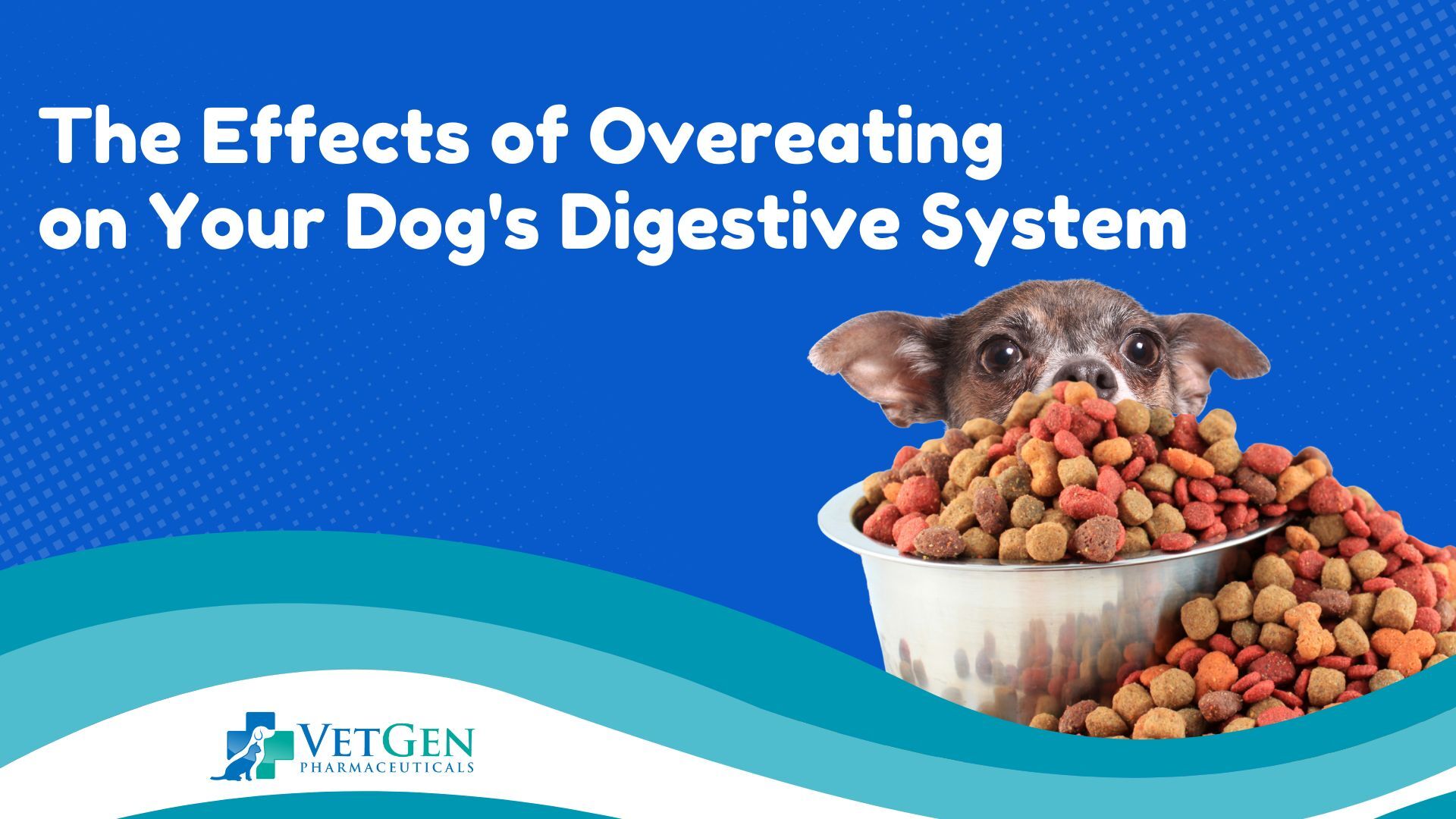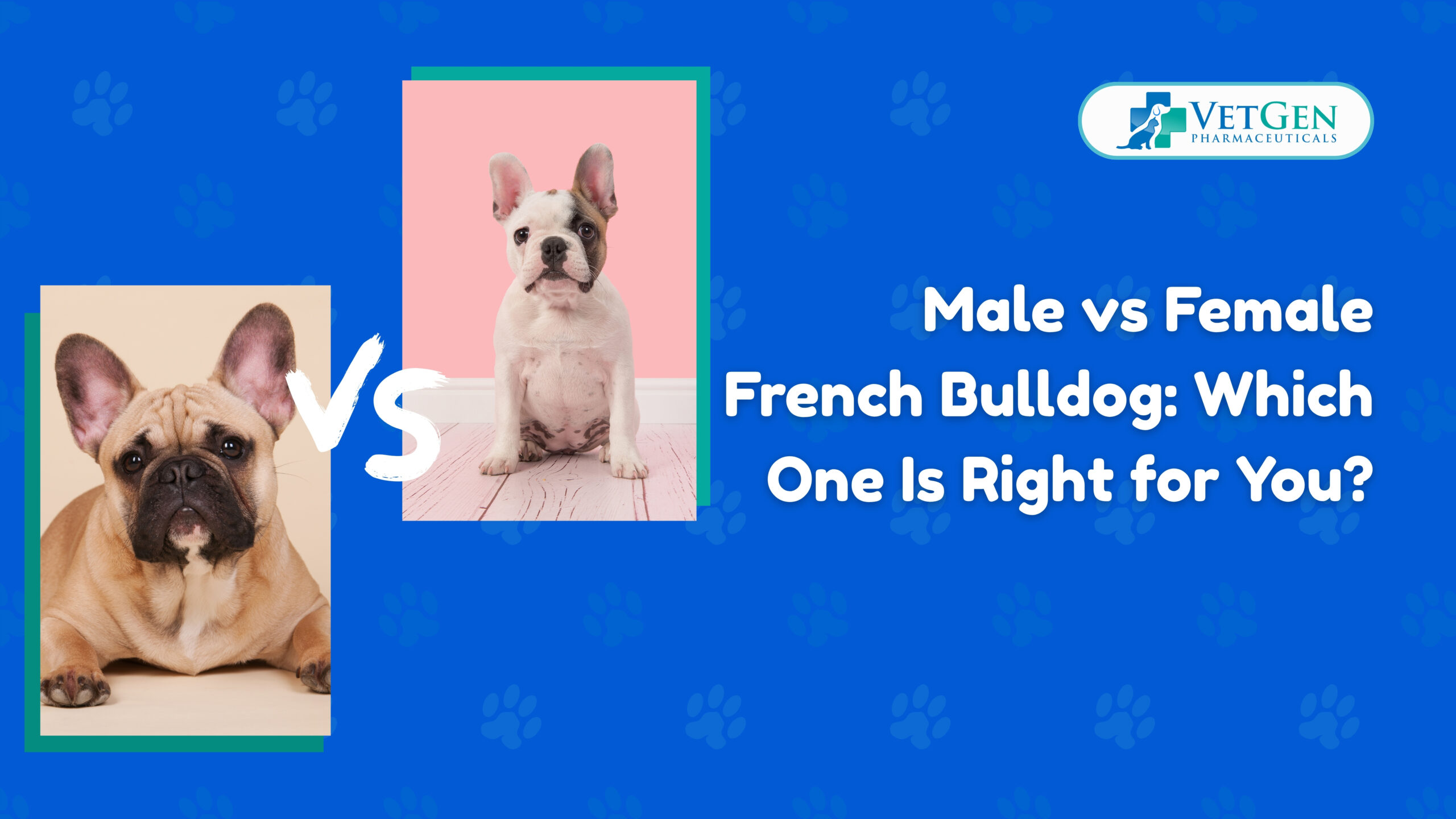We tend to show our affection towards our dogs more often through little treats and tasty foods. It’s indeed one of the smallest ways through which we can show our love. However, what if we tell you that doing so can harm their health and lead to disastrous issues? Yes, this is why you should understand more about the effects of overeating in dogs and how to constantly check whether the dog is facing additional difficulties in case overfeeding happens.
Effects of Overeating on Your Dog
Overweight
When the overeating continues, you can see that your dog is overweight and their overall shape is different. Ensure you monitor their weight, waist size and shape to protect your dog. One of the common observations is that a healthy dog’s ribs, hips, and spine should be easily felt, and their waist should be visible from above.
So, in case their weight is more, you can’t see their waist easily or feel the ribs are hard, your dog is overweight and needs immediate attention and care.
Tiredness
A lot of what our dogs might actually feel is similar to that of us human beings. Whenever we are overweight or eat a lot more than what our body needs, it makes us sluggish. A sense of tiredness easily sets in, and we become lazy. The same happens with our pets.
Even overfed dogs who aren’t overweight can nevertheless feel lethargic and not up for running and playing about. This may be due to pain in their joints or stomach, or it could be because they feel too full to move too much. In such scenarios, it becomes quite important to check the dogs consulted by a doctor to keep them safe and take precautionary measures.
Skin disorders
There are many side effects of overeating, and the common issue is that we are not aware of these effects. In that line, one of the skin disorders that easily get overlooked is molting. When there is persistent molting and other skin problems, it shows that there is additional waste in the dog’s system. These other skin or coat problems may include foot chewing, balding patches, etc. The normal pattern is for molting to happen once or twice in a year. So, it’s quite important to keep track of it.
Joint problems
Dogs who are overweight frequently have joint stiffness and discomfort. Joint pain in dogs is not a problem that is only concerning older dogs; at least 20% of all dogs, even those that are younger, can face such issues.
Just like in the human body, being overweight might put a lot of strain on the joints over time, which causes inflammation and pain that eventually progresses to arthritis. When the diet is not followed, and especially when dogs don’t consume a diet with Omega-3 and fatty acids, it can affect the dog more.
Abnormal Flatulence
Overfeeding can frequently result in flatulence since eating too much of even the proper nutrients can cause problems in the digestive tract. This may lead to abnormal gas release.
Even while some breeds seem to be more affected by gas, frequently encountering gas that smells abnormal usually indicates that something isn’t quite right in their system.
Bowel Issues
As we previously discussed, there is not just one effect of overeating. As dog parents, one may easily assume that being overweight or having habits like poor eating are the only effects of being overfed. But there is more to this.
One of the crucial patterns is the bowel movement of the dogs. When there is too much intake of nutrients in dogs, even the good ones, our pups could experience bowel issues. The dogs may experience abdominal swelling, discomfort, or loose stools. Such complications in their digestive tract may harm their health further, causing more issues in their digestion process.
Ear Issue
Overeating can also affect other bodily activities and organs causing chronic ear issues. Ear issues may be caused because of different reasons but if it’s not cured, it’s better to check with the vet about overfeeding or food allergies that might have harmed the pup.
TIPS TO AVOID OVERFEEDING
- Measure the food you give. Do not guess the quantity; have a cup or measurement tool.
- Feed the dog a high-quality diet, can check with the vet for a proper plan
- The diet should include complex carbohydrates in dogs.
- The diet should have low fat and protein and be free from additives
- Always check the guide on the packets to follow the steps and feeding amounts
Frequently Asked Questions
How do I find out if my dog is being overfed based on their bowel movement?
In case the dog’s bowel movement is of loose stools or the pup has abdominal swelling or discomfort, the dog is being overfed. Likewise, one common thing people point out is that dogs might have normal bowel movements in the morning but be soft at night
Does underfeeding also cause issues?
Yes, any care is harmful when it’s done too little or too much. It is important to measure the amount of food properly to make sure the dog is not underfed. When the pups are underfed too, they face tummy troubles, do not have much energy or have a very weak immune system.
What is tear staining, and is it something to be worried about?
Tear staining is mostly runny eyes where the drops stain the facial with a pinkish-brown hue. This happens mostly with small and toy breeds. This might not be something that every dog parent should be worried about. You need to consult with your vet to know if it is a breed-specific problem because sometimes the toxic waste accumulated in the body will be released that way, hinting at the overfeeding issue.
Is poop eating harmful?
Poop eating in dogs is a sign of digestive issues. Many dogs may show different signs like loose stools or other bowel issues; some dogs, though, may eat poop, and it’s definitely not because they feel hungry.






